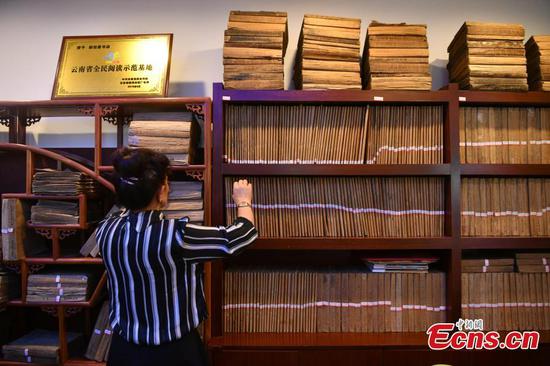(ECNS) - Several health organizations have voiced objections over a planned change to the smoking regulations in Hangzhou City, East China's Zhejiang Province, China National Radio reported.
In the latest amendments to local smoking regulations, Hangzhou authorities removed references to a "full" smoking ban in "all indoor public places and offices", and instead plan to set aside indoor smoking areas.
The amendment has raised widespread outcry because only four months ago Hangzhou reiterated its ongoing efforts to implement a smoking ban in all indoor public places.
The Chinese Association on Tobacco Control and the ThinkTank Research Center for Health Development, among other organizations, have written a letter to Hangzhou Municipal People's Congress, the city's top legislature, suggesting the latest move was like “reversing a car”.
The organizations said setting up smoking areas in public places will inevitably lead to tobacco-based harm and goes against the trend of a total smoking ban for indoor public places.
Hu Dayi, director of the Chinese Association on Tobacco Control and also a well-known cardiovascular disease expert, said allowing an indoor smoking room will increase the cost and difficulty of law enforcement, and the only correct choice to prevent second-hand smoke is a complete ban on indoor smoking.
Wang Kean, director of the ThinkTank Research Center for Health Development, said it’s a surprise that Hangzhou has signaled a reversal on its smoking policy instead of making more progress.
There is conclusive evidence from science that technical methods cannot prevent exposure to tobacco smoke as a result of indoor smoking rooms even when there’s a special ventilation system, said Wang.
Xu Guihua, an anti-smoking expert, also said Hangzhou’s decision went against current regulations by central governmental departments since the State Council, and ministries of education and health have rolled out policies for smoking bans in hospitals, schools and other public places.
According to the Healthy China 2030 guideline issued by central authorities in 2016, the country plans to reduce the smoking rate among people aged 15 and above from 27.7 percent in late 2015 to 20 percent by 2030.


















































